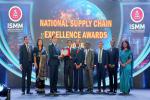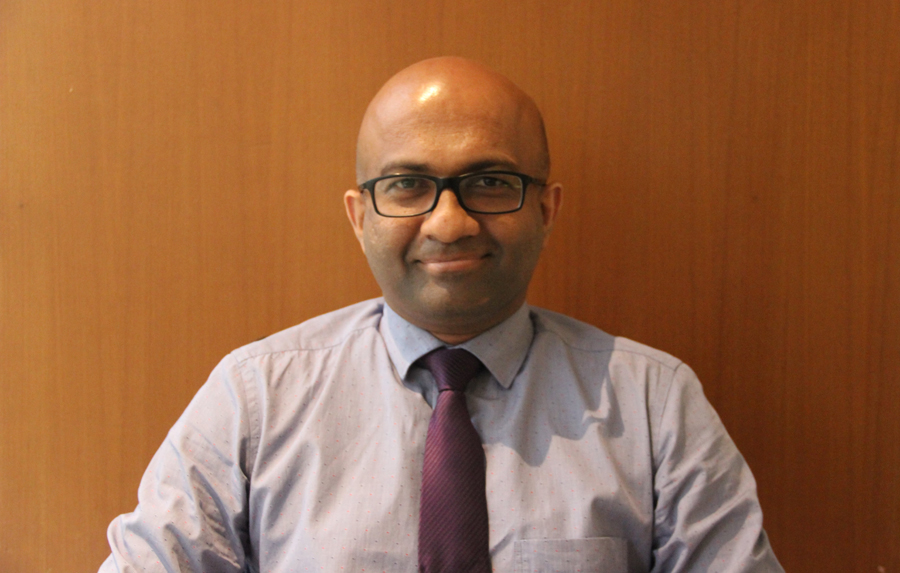Therefore, poorly-informed practices related to menstrual hygiene have continued to lead to serious ailments such as toxic shock syndrome or reproductive tract infections (RTI) in many women across the island.
Even armed with knowledge, only a portion of the country's menstruating population have access to secure, clean sanitary facilities and products to ensure hygiene.
Further, many menstruating women are unaware of the scientific knowledge behind their monthly period and hygienic health practices to improve their quality of life.
In such a context, increasing awareness of these best practices across the island, through schools, MOH offices and other information hubs should be made priorities.
In recognition of this fact, the theme of World Menstrual Hygiene Day, set on the 28th of May, 2021 highlights the need to 'step up action and investment in menstrual health and hygiene'.
The annual global health event, aimed at educating girls on menstrual hygiene and understanding their cycle, also highlights solutions that address challenges girls and women worldwide face due to menstruation through events and activities, including media work.
Understanding Menstruation
Beginning at puberty, menstruation is a period of 5 – 7 days each month where the uterine wall is broken down and removed through the vagina along with blood.
This cycle thereafter continues with a spike in the estrogen and progesterone hormones, to signal the rebuilding of the womb lining, and is the body's way of alerting that it is ready to bear an embryo.
After a month, if an embryo isn't deposited in the womb, this lining breaks down, and the cycle continues every month until the dawn of menopause from the age of 50 – 55.
In Sri Lanka, menstruation is looked in different lenses and how periods are handled depends largely on numerous cultural practices propagated across generations.
Some of these include avoiding bathing when one is on their periods in fear of the period stopping, avoiding oily food or fish and meat in diet, and staying away from pain killers in fear of affecting fertility.
However, it is prudent to be aware that these practices are not rooted in concrete science.
There is still a significant disparity in how females from urban, sub-urban and rural areas handle their menstruation practices, due to lack of knowledge and poor access to good sanitation facilities and sanitary products.
This disparity has grown during the COVID-19' pandemic, with constant movement restrictions impacting both individual economic power and safe access to sanitary products.
This has lead to many substituting affordable or makeshift replacements such as cloth that may be unsafe, unhygienic, and used repeatedly month; increasing the probability of germs and bacteria to cause infection.
Best Practices
To counter these negative consequences, menstruating girls and women are recommended to take a daily shower, and change pads, tampons or menstrual cups regularly to prevent infections.
A sanitary pad should be changed once every 4 - 6 hours, a tampon every two hours and a menstrual cup every 8 – 10 hours.
Using clean underwear everyday and avoiding soaps or vaginal hygiene products goes a long way, while opting instead to wash the genital area with warm water regularly, after each use of toilet and patting the area dry afterwards to avoid irritation.
It is also important to wash both hands after changing each product and trying as much as possible to wear comfortable, loose clothing to maximize air flow around sensitive areas and to reduce sweating.
Further, a good, balanced diet and a steady intake of water is recommended.
Additionally, a pap smear is an important practice that only a very minute portion of our population currently prioritize.
Infact, regular pap tests are recommended starting from the age of 21.
It is a quick and safe screening procedure for cervical cancer or HPV that tests for the presence of pre-cancerous or cancerous cells on the cervix.
This can be accompanied by physical examinations for highly prevalent medical conditions such as Polycystic Ovary Syndrome and Endometriosis, both of which heavily impact the menstruation cycle.
These examinations are easily accessible at most healthcare practices in the country.
As one of the most trusted private healthcare providers in Sri Lanka, Nawaloka Hospitals offers affordable, high quality screening packages for women at the Nawaloka Serene Center, which include pap smears and panels for PCOS, Endometriosis and even mammograms, complemented by consultations with experienced gynaecologists in a comfortable, safe setting.
Maintaining proper menstrual hygiene is vital to the health, well-being, mobility and productivity of all women and girls.
This Menstrual Hygiene Day, let's begin our individual duty towards increasing awareness, normalizing public discourse on this subject and enhancing equitable access to good sanitary care and products by all women around our nation, regardless of economic or social conditions.
This will not only will improve their quality of life but lead to a generation of empowered women and girls capable of contributing more to our society and country.
(The writer is Dr. Suranga Hettipathirana, Consultant Obstetrician & Gynaecologist at Nawaloka Hospitals, Colombo)






















